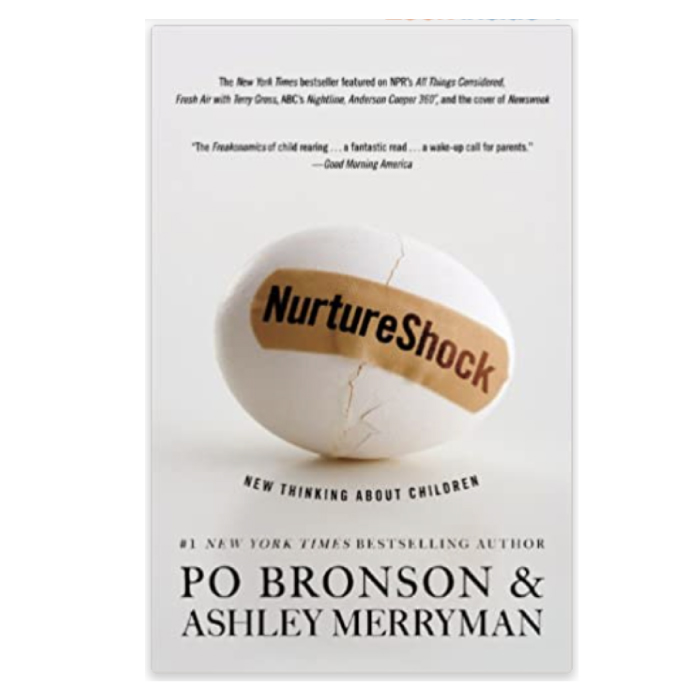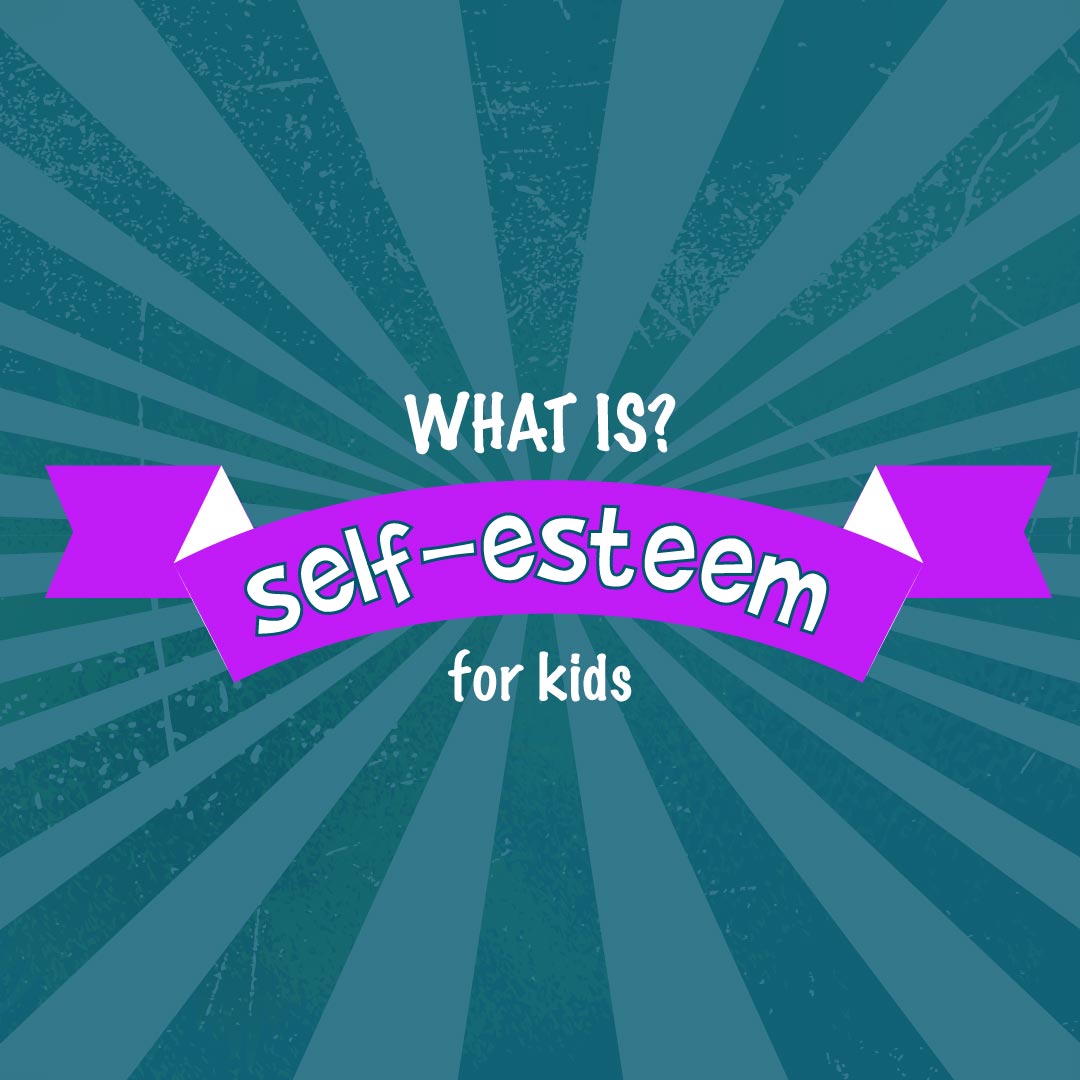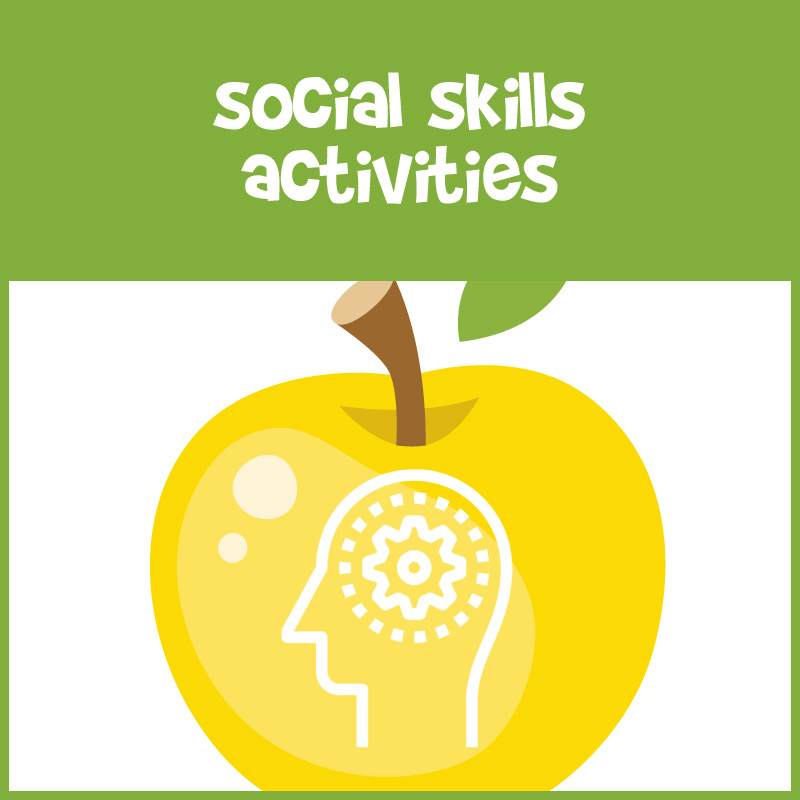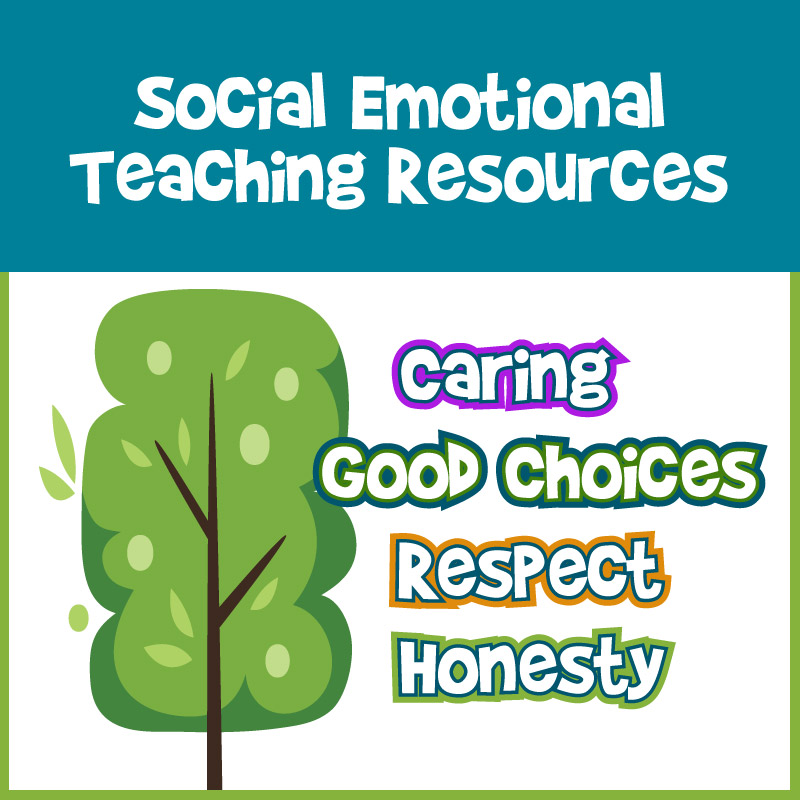Are you teaching your kid to be a better liar?
Myths about teaching kids not to lie
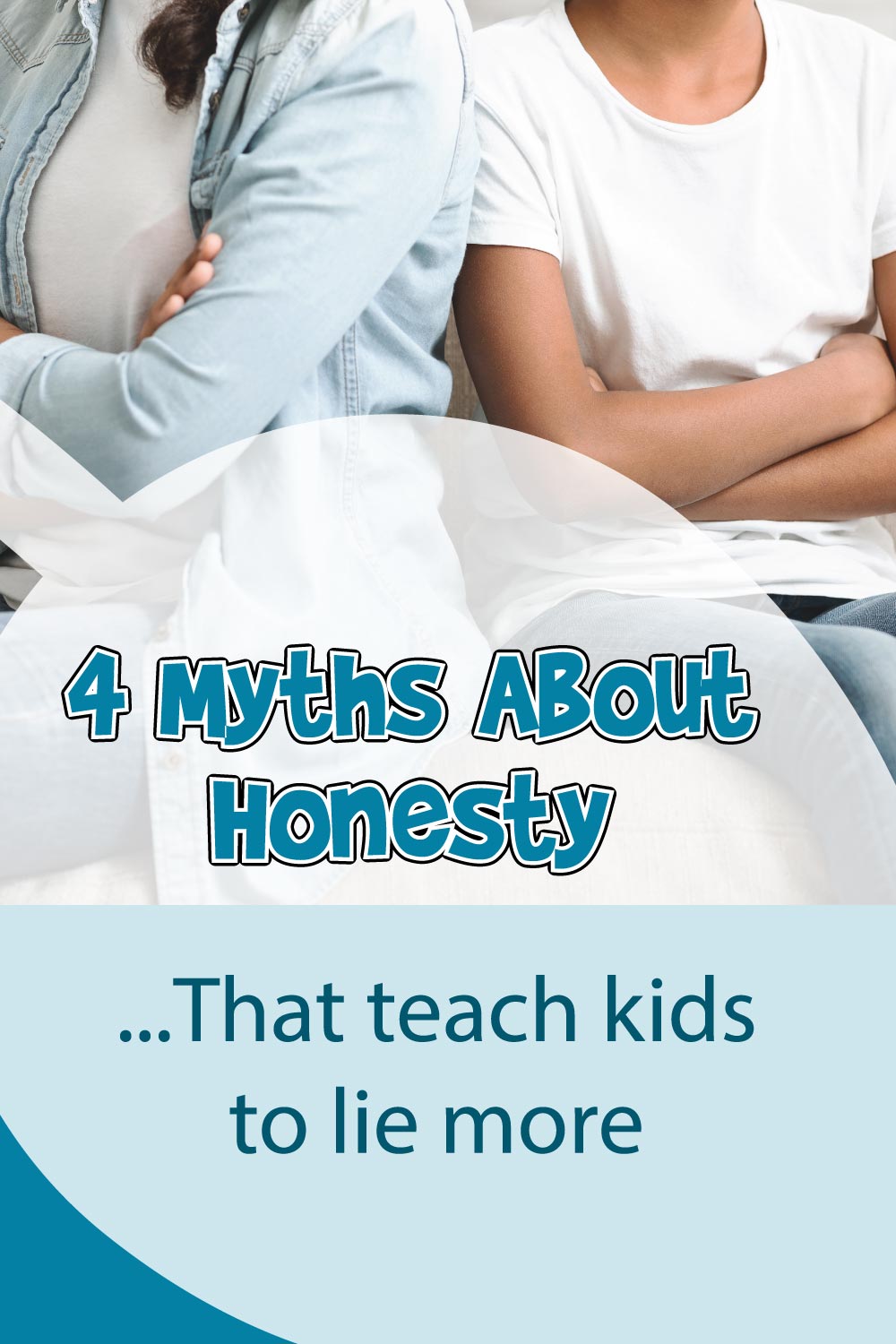
“Most classic strategies to promote truthfulness just encourage kids to be better liars.”- from NurtureShock by Po Bronson and Ashley Merryman
As an author of books that teach kids to be honest, I wasn’t sure whether I should be encouraged or outraged by this statement from NurtureShock, a bestselling book by Po Bronson and Ashley Merryman. The book describes study after study that shows how conventional wisdom on raising good kids is seriously flawed. For two decades, surveys have shown that parents value honesty in their kids above all other character traits, yet 96% of kids lie. When Bronson and Merryman dug into the data, the found that conventional wisdom around teaching honesty actually encourages more lying.
In this article, Part 1, we’ll look at some highlights from NurtureShock that reveal how parents unintentionally encourage their kids to lie more. In Part 2, we’ll look at how to more effectively teach kids to be honest.
Myth 1: Kids grow out of lying
A common myth about lying is the belief that kids will grow out of it. Parents may avoid correcting children when they lie, assuming that the child doesn’t really know what they're doing and they’ll eventually stop lying once they understand the difference between lying and telling the truth. There’s some logic to this myth, since at an early age kids will just blurt, “I didn’t do it!” even if you saw them do it. We might wonder how they could possibly understand what lying is when they're being so obvious about it. When children are young, the first lies they tell are about self-preservation, and according to Bronson and Merryman's sources, self-preservation is more important to kids than honesty, so kids will lie to try to avoid punishment even when the lie is absurdly obvious.
As children mature, the reasons they lie mature as well. As they start to understand empathy, children may also lie to spare someone's feelings. And as they mature further, children start to understand that lying is morally wrong and that it damages trust. Yet even once they know it’s wrong, children may continue to lie for a number of reasons, including:
- to increase their sense of power and control
- to vent frustration or get attention
- to make themselves look better to others
- and, of course, to keep themselves out of trouble.
While we might like to think that kids will stop lying when they know better, the research says otherwise. Even when children clearly understand the difference between honesty and lies, self-preservation is a powerful force. Bronson and Merryman explain that by age 11, the majority of children understand lying at a sophisticated level: "At that point, 48% say the problem with lying is that it destroys trust, and 22% say it carries guilt. Even then, a third still say the problem with lying is being punished."
Here’s another interesting layer to this myth. The experts in NurtureShock point out that lying takes more intelligence and emotional maturity than being honest. To lie, kids first have to recognize the truth and then they have to come up with an alternate explanation. That makes lying a two-step process compared to just blurting out what really happened. By age four, experts note that many kids lie regularly and have to understand what they’re doing to come up with the lie in the first place.
Myth 2: Ignore lying to protect self-esteem
The next common myth about honesty is that parents should ignore a child's lie to protect the child’s self-esteem. Here’s the problem with this misconception. When kids lie, even if you don't call it out, they still know they’re doing it. They know they’re doing something that is in direct conflict with what it means to be a "good" kid. Internally, they know that they are making a choice that's "bad," so even if you don’t comment on it, that can leave them feeling like they are “bad.” Not addressing lying in order to protect self-esteem simply doesn't work because the child's own awareness of their lie impacts their sense of self-worth. (See our “What is self esteem” page for more on the link between making honest choices and building self-esteem.)

Myth 3: Focus on the action, not the lie to cover it up
The third common myth about lying is around what happens when a child does something wrong, and then lies to cover it up. Studies show that if a child commits a wrong deed and lies about it, most of the time parents address the original wrong action, but say nothing of the lie. The problem with this approach is that it teaches kids that there’s no downside to lying. If they attempt a lie and don't get in trouble for it, they haven’t lost anything for trying to deceive, and they might as well try dishonesty again next time. And if the lying works, they are incentivized to keep doing it. The experts cited in NurtureShock reveal that while lying is to be expected, it should not be ignored. Why? Because kids learn early whether lying serves them better than honesty. If a child gets away with lying when they're young, it sets up a pattern for when they are older. According to Bronson and Merryman, “If lying has become a successful strategy for handling difficult social situations, [they'll] stick with it. About one-third of kids do— and if they’re still lying at seven, then it seems likely to continue.”
Myth 4: Harsh punishments prevent lying
The final myth about lying is that harsh punishments will put a quick end to it. This myth may be the most counterintuitive because research shows that harsh punishments actually increase a child’s lying. In fact, kids who fear a strict punishment will learn to become more convincing liars, and they’ll stick with the lie instead of owning up to the truth. Why? Once again, self-preservation trumps honesty. Bronson and Merryman note that the harsher the punishment, the more kids will stick to their lie to avoid the punishment at all costs.
What's a parent to do?
The studies cited in NurtureShock show us that conventional wisdom is not helping us teach kids to be more truthful. Harsh punishments aren’t the answer. Ignoring lies isn’t the answer. How can a parent raise honest kids? In Part 2, we’ll cover strategies for teaching honesty and building good traits.
Continue to Part 2- Teaching honestyNote: this page contains affiliate links.
Colleen Doyle Bryant
Colleen Doyle Bryant is the author of five books and more than 50 learning resources about making good choices for the right reasons. Her Talking with Trees series for elementary students and Truth Be Told Quotes series for teens are used in curricula around the world. Rooted in Decency, Colleen’s most recent release, written for an adult audience, explores how the decline in common decency is affecting wellbeing, and how we can build more trust and cooperation. Learn more at ColleenDoyleBryant.com

